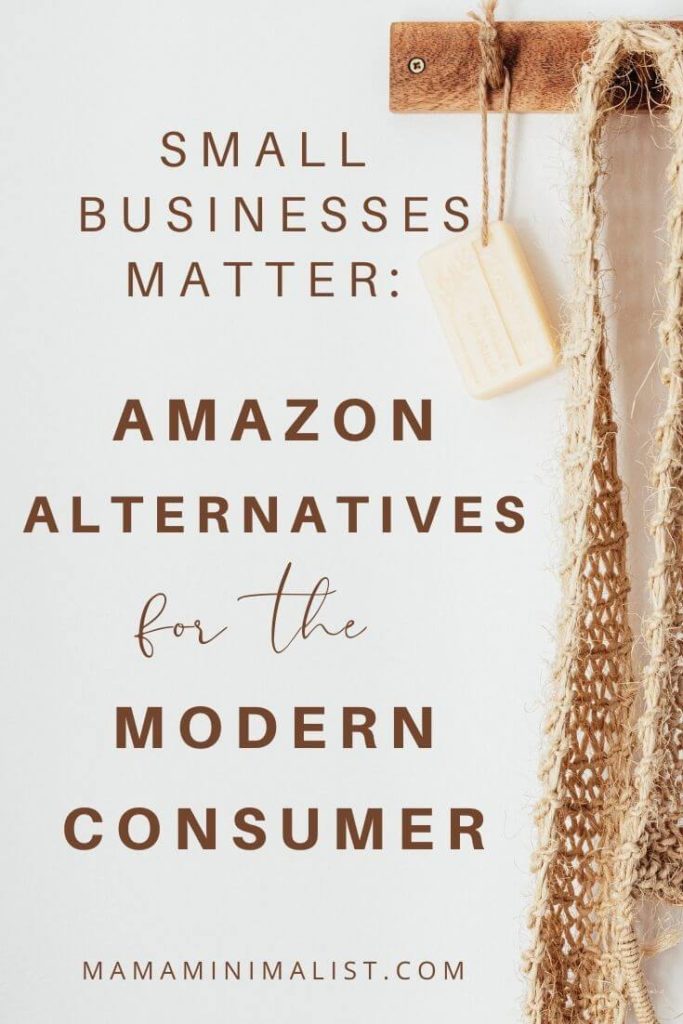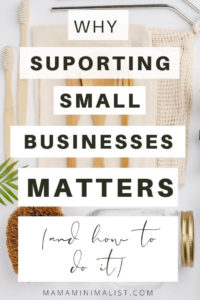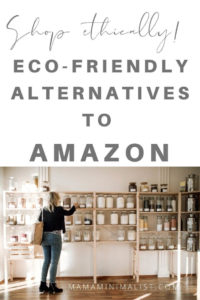Ethical Alternatives to Amazon (and How to Support Them)
Ethical Alternatives to Amazon
Shoppers adore Amazon, and it’s all thanks to convenience and price: The site’s Subscribe & Save feature lowers already quite low prices. And ultra-speedy shipping and responsive customer service? Many consumers have come to expect such heightened levels of convenience when shopping online. But Amazon has been in the news an awful lot in the past 5 years, and for less than stellar reasons. A growing subset of shoppers seek ethical online alternatives because Amazon has a larger carbon footprint than Switzerland; unfair employee treatment, lower than industry average salaries, and a history of not paying their fair share of federal taxes make me (and perhaps you, too) give Amazon the side eye.
While small, independent businesses may lack the conveniences big names offer, it’s the stores with stories that offer what Amazon doesn’t, including passions for products and genuine desires to improve the quality of your—the customer’s—life. While the Walmarts and the Amazons of the world don’t need our business, the independent ones likely do.
Today’s episode is centered around the premise that small businesses diversify the fabrics of our communities and improve them as a result. Today I speak with small business owner Chris Joseph. Chris and I discuss the challenges independent businesses face and how consumers can support them in a world driven by convenience.
Here’s a preview of today’s episode:
[6:00] The ethical implications of Amazon’s business practices
[11:55] Practical ways consumers can focus less on convenience, plus what the little guys offer that the big guys don’t
[16:50] 6 shopping strategies that support the small players (including ones that don’t involve spending money)
Resources mentioned in the episode:
- Let My People Go Surfing by Yvon Chiounard
- Inside Amazon: Wrestling Big Ideas in a Bruising Workplace (The New York Times, August 2015)
This week’s sponsors:
- Blissoma: Use code MINIMAL at checkout for 20% off Sustain Ecosystem products
- Reel Paper: Use code SUSTAINABLEMINIMALISTS at checkout for 25% off your first order
* Want more episodes like this one? Check out #071: Conscious Consumerism for Real People.
* Join our (free!) community here.
* Find your tribe. Sustainable Minimalists are on Facebook, Instagram + Pinterest.
Podcast: Play in new window | Download




